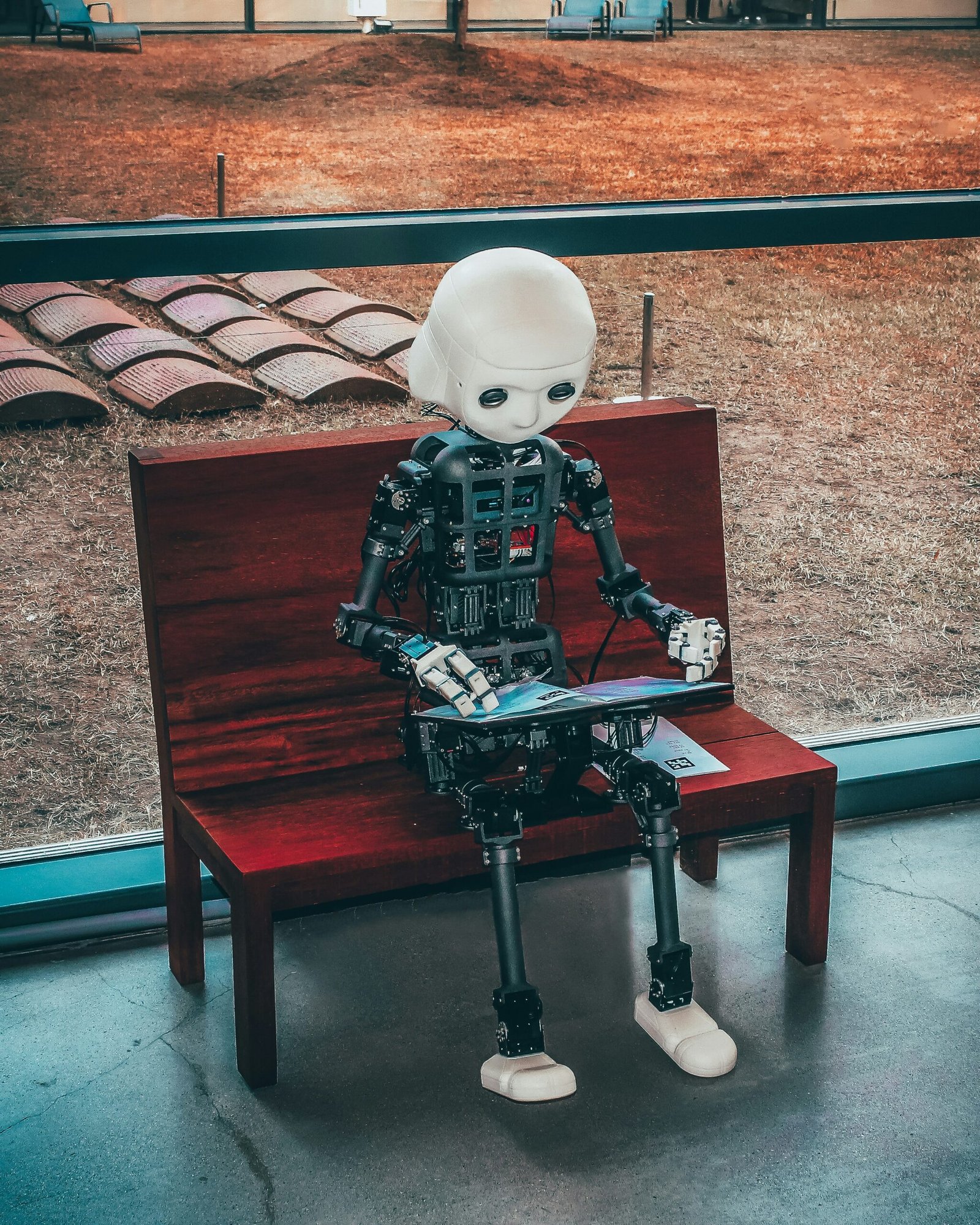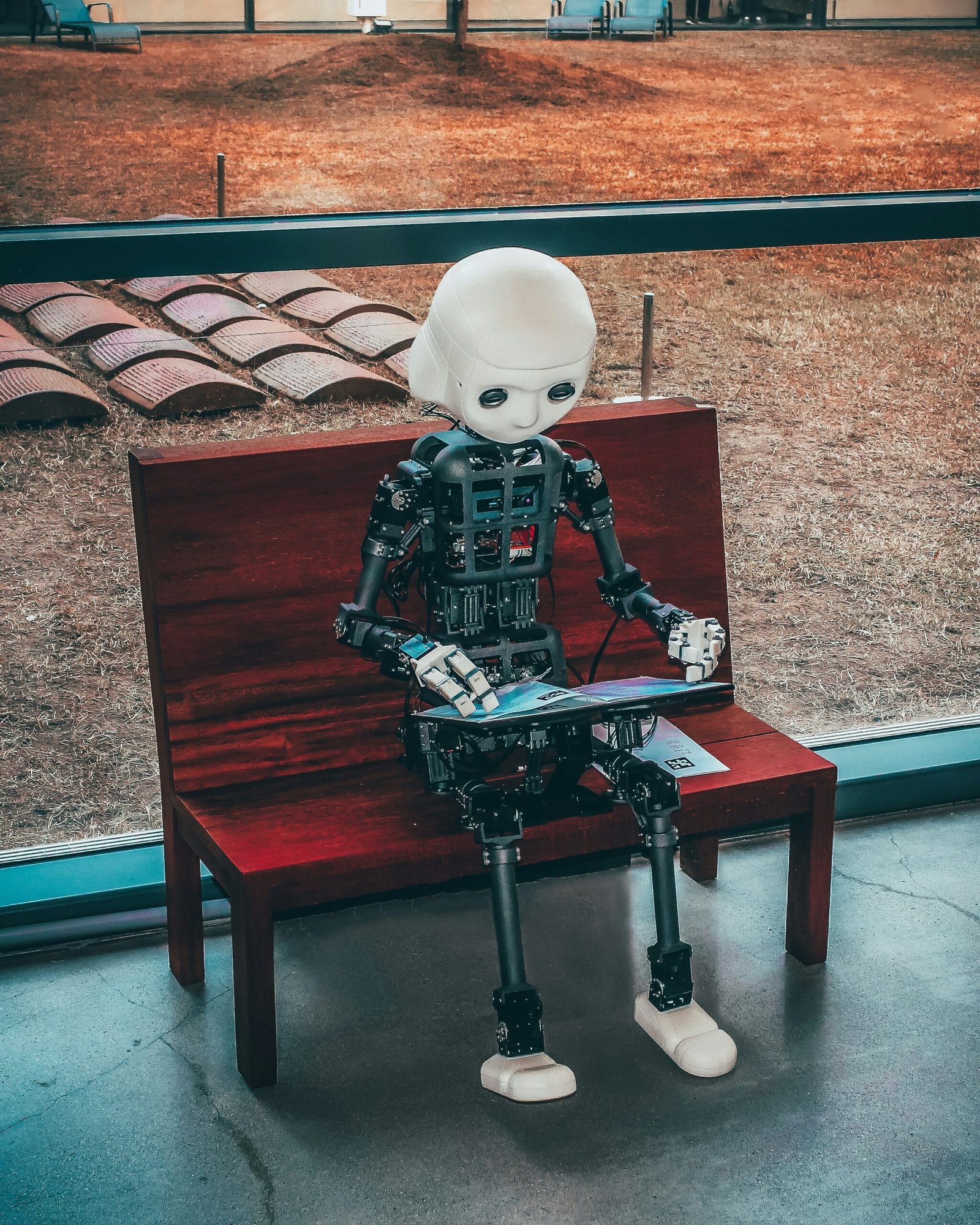This website uses cookies so that we can provide you with the best user experience possible. Cookie information is stored in your browser and performs functions such as recognising you when you return to our website and helping our team to understand which sections of the website you find most interesting and useful.

Making Movies with Artificial Intelligence
Artificial intelligence (AI) has revolutionized many industries, and the world of filmmaking is no exception. With advancements in AI technology, filmmakers now have access to powerful tools that can enhance the creative process, streamline production, and even generate entirely new content. In this blog post, we will explore the exciting ways in which AI is being used to make movies.
1. AI-Assisted Scriptwriting
One of the most critical aspects of movie-making is the script. AI has proven to be a valuable tool in assisting screenwriters in the creative process. Using natural language processing algorithms, AI can analyze vast amounts of data, including existing scripts, books, and articles, to generate ideas and even help with character development.
AI can also provide real-time feedback on the quality of the script, offering suggestions for improvement or highlighting potential plot holes. This technology allows screenwriters to refine their work and create compelling stories that resonate with audiences.
2. Virtual Production and CGI
AI has significantly transformed the field of visual effects and computer-generated imagery (CGI). Traditionally, creating realistic CGI required extensive manual labor and time-consuming processes. However, AI has made it possible to generate high-quality visual effects more efficiently.
Through machine learning algorithms, AI can analyze and understand complex visual patterns, allowing for the creation of realistic and lifelike CGI characters, environments, and special effects. This technology has been used in blockbuster movies to bring fantastical worlds and creatures to life, captivating audiences with stunning visuals.
Furthermore, AI has also revolutionized virtual production. By using AI-powered cameras and motion capture systems, filmmakers can capture real-time footage and integrate CGI elements seamlessly. This technology enables directors to make creative decisions on the spot and see the final result in real-time, saving time and resources during the production process.
3. Automated Editing and Post-Production
Editing and post-production are crucial stages in the filmmaking process, where AI can play a significant role. AI-powered software can analyze raw footage, identify the best shots, and even suggest different editing styles based on the desired mood or genre.
Additionally, AI algorithms can automatically remove imperfections, such as camera shakes or background noise, enhancing the overall quality of the final product. This technology streamlines the editing process, allowing filmmakers to focus more on the creative aspects of storytelling.
Furthermore, AI can also assist in color grading, a process that involves adjusting the colors and tones of a film to achieve a specific look or atmosphere. By analyzing existing films and understanding the desired style, AI algorithms can generate color grading presets that align with the director’s vision, saving time and ensuring consistency.
Conclusion
Artificial intelligence has undoubtedly made its mark on the world of filmmaking. From assisting in scriptwriting to revolutionizing visual effects and streamlining post-production, AI has opened up new possibilities for filmmakers to unleash their creativity and deliver captivating stories to audiences worldwide.
As AI technology continues to advance, we can expect even more exciting developments in the field of movie-making. Whether it’s generating entirely new storylines or enhancing the visual aspects of a film, AI is reshaping the industry and pushing the boundaries of what is possible in the world of cinema.
RELATED POSTS
View all



